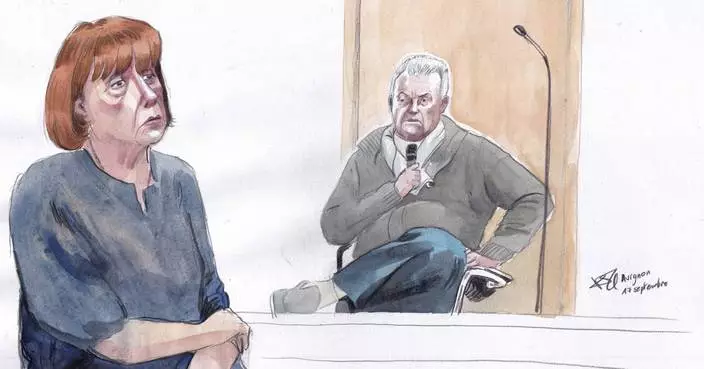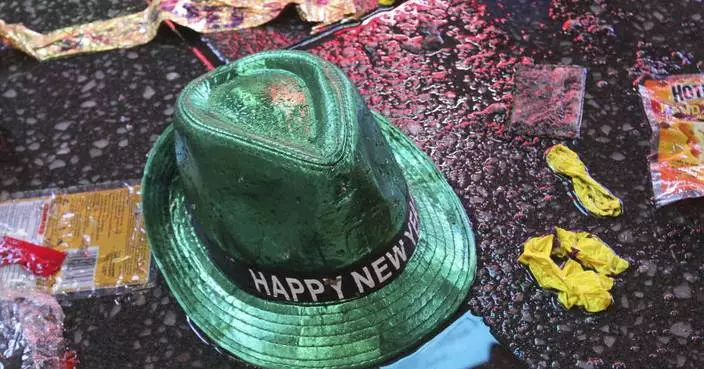FRANKFORT, Ky. (AP) — A body found in rural southeastern Kentucky is believed to be the man suspected of shooting and wounding five people on an interstate highway, authorities said Wednesday night. The search ended with two private sleuths joining in the dramatic discovery.
Kentucky State Police Commissioner Phillip Burnett Jr. said the body located earlier in the day was believed to be Joseph Couch, of Woodbine. Authorities hoped the discovery signaled the conclusion of an intense, nearly two-week search that had area residents on edge.
“People have been in fear,” Laurel County Sheriff John Root said. “That’s not the normal here in Laurel County. So now that this has been discovered, I hope that our county can get back to what’s normal.”
A dozen vehicles were hit and five people wounded in the Sept. 7 shooting on Interstate 75 near London, a city of about 8,000 people roughly 75 miles (120 kilometers) south of Lexington.
Burnett said Wednesday night that accessories found with the body led authorities to conclude it was Couch. He had no details on the cause of death, saying that would be determined in an autopsy, but he said a weapon was found at the site. He didn't know how long the body had been there.
“We are very confident this brings the closure to the search for Joseph Couch,” Burnett said.
Root said the discovery of the body wasn't the outcome authorities wanted.
“I don’t think nobody on this stage wished that we would have found him in the condition that we found,” Root said at a news conference in London. “I’d rather he’d been alive and he could have paid for what he’s done.”
The body was found following an exhaustive search of the rugged and hilly terrain in the area where the attack happened. Teams combed 28,000 acres (11,331 hectares) in the search.
But it is a private couple who will reap a $25,000 reward for their part in the discovery.
YouTube streamers Fred and Sheila McCoy from Kentucky said they searched the area for about six days and were looking for signs of vultures in the air. Fred McCoy said he saw some near the I-75 exit Wednesday, and they followed the rough terrain down a valley. They then picked up on a bad smell.
“Hey guys, you won’t believe it, we found him, oh my goodness gracious,” Sheila McCoy said while filming the search. “Now this little area (London) can rest.”
State police troopers had searched the area all day and also noticed vultures hovering above and then detected a strong odor, Burnett said Wednesday night. While moving through the woods to locate the odor, the troopers heard voices, identified themselves and asked the others to do so, he said.
It turned out to be the McCoys, who told the troopers they also were searching for Couch.
“Almost immediately after that interaction between troopers and the McCoys, the troopers and the McCoys stumbled upon an unidentified body,” Burnett said.
The highway shootings led some schools to shut down and shift to virtual learning for several days as authorities warned residents to be extra vigilant. Schools reopened Tuesday with bolstered police security in the county where the shooting happened.
Kentucky Gov. Andy Beshear called the shootings an “act of violence and evil.”
Authorities said the shooter fired 20 to 30 rounds, creating a chaotic scene. The five victims survived, but some suffered serious injuries.
After sending the text message vowing to “kill a lot of people” to a woman before the attack, Couch sent another saying, “I’ll kill myself afterwards,” investigators said in an affidavit. The document did not describe the relationship between Couch and the woman. However, the two have a child together but were never married, according to an attorney who handled the custody arrangement for their son, born in 2016.
Early in the search, authorities found Couch’s abandoned vehicle near the crime scene and a semi-automatic weapon that investigators believe was used in the shooting. An Army-style duffel bag that was found had “Couch” handwritten in marker, and a phone believed to be Couch’s was found without a battery.
Authorities said he purchased the AR-15 weapon and about 1,000 rounds of ammunition at a London gun store hours before the shooting.
Couch had a military background in the Army Reserve. The U.S. Army said he served from 2013 to 2019 as a combat engineer. He was a private when he left and had no deployments.
The search focused on a densely wooded area about 8 miles (13 kilometers) north of London that a state police official described as “walking in a jungle.” Aided by helicopters and drones, search teams on the ground contended with cliffs, sinkholes, caves, waterways and thick brush.
When the ground search was suspended at night, specially trained officers were deployed in strategic locations to prevent the gunman from slipping out of the area. On Tuesday, authorities said they were pulling searchers from the woods to bolster patrols in nearby communities in hopes of calming fears among residents.
As the mystery of Couch's whereabouts appeared to be solved Wednesday, the sheriff urged prayers for the shooting victims and for the suspect's family, who he said have cooperated with authorities.
“The family cannot be blamed for the misfortune that this guy’s caused,” Root said.
Associated Press writer Dylan Lovan in Louisville, Kentucky, contributed to this report.
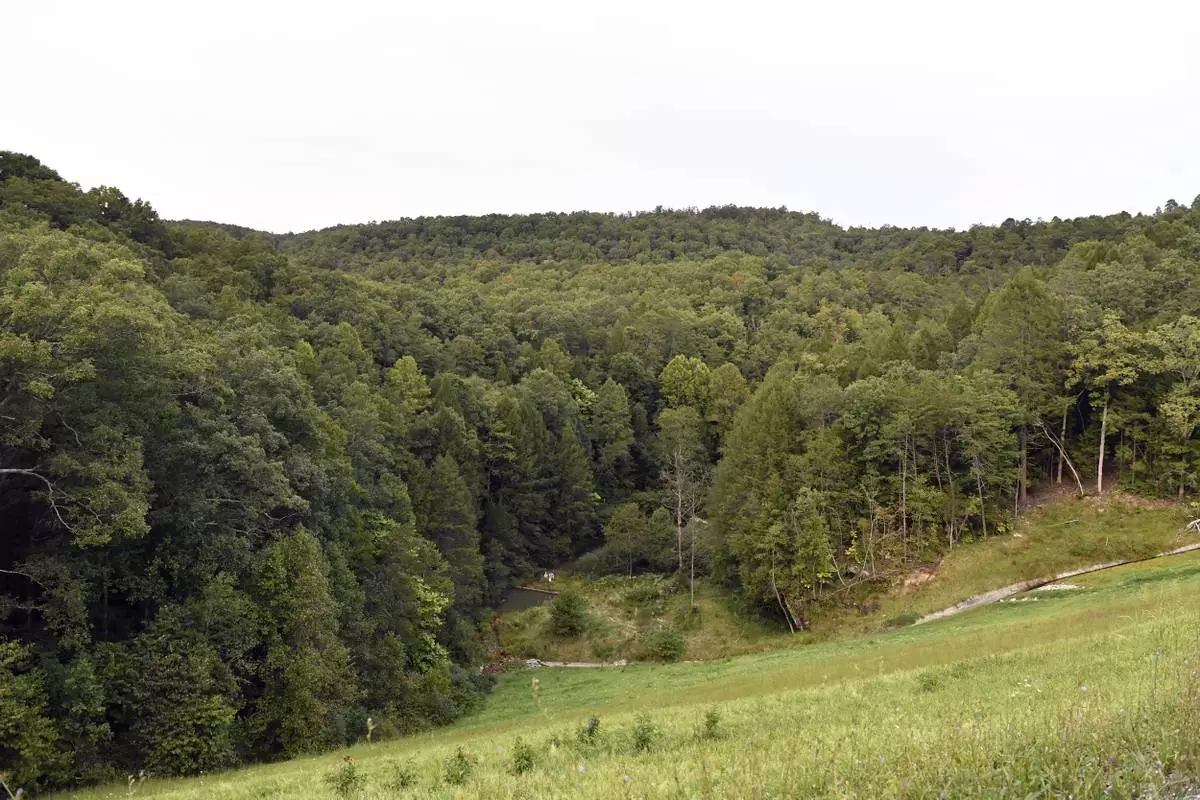
Trees stand in wooded areas alongside Interstate 75 near Livingston, Ky., Sunday, Sept. 8, 2024, as police search for a suspect in a shooting Saturday along the Interstate. (AP Photo/Timothy D. Easley)
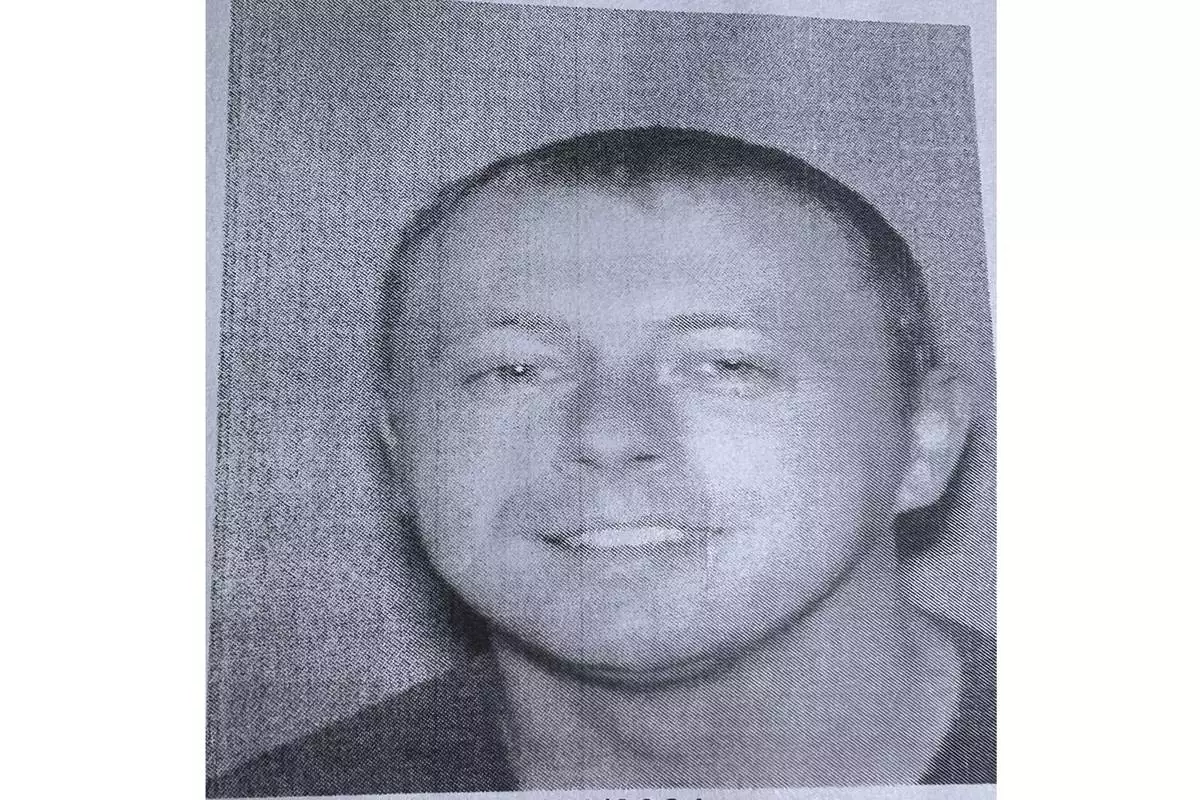
This image released by Kentucky’s London Police Department shows Joseph A. Couch, a person of interest in the Saturday, Sept. 7, 2024, shootings on Interstate 75 near London, Ky. (London Police Department via AP)
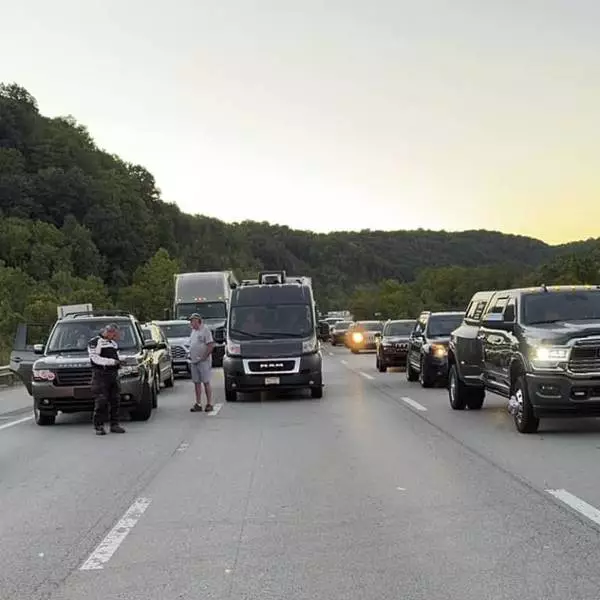
Search for suspect in Kentucky highway shooting ends with discovery of body believed to be his
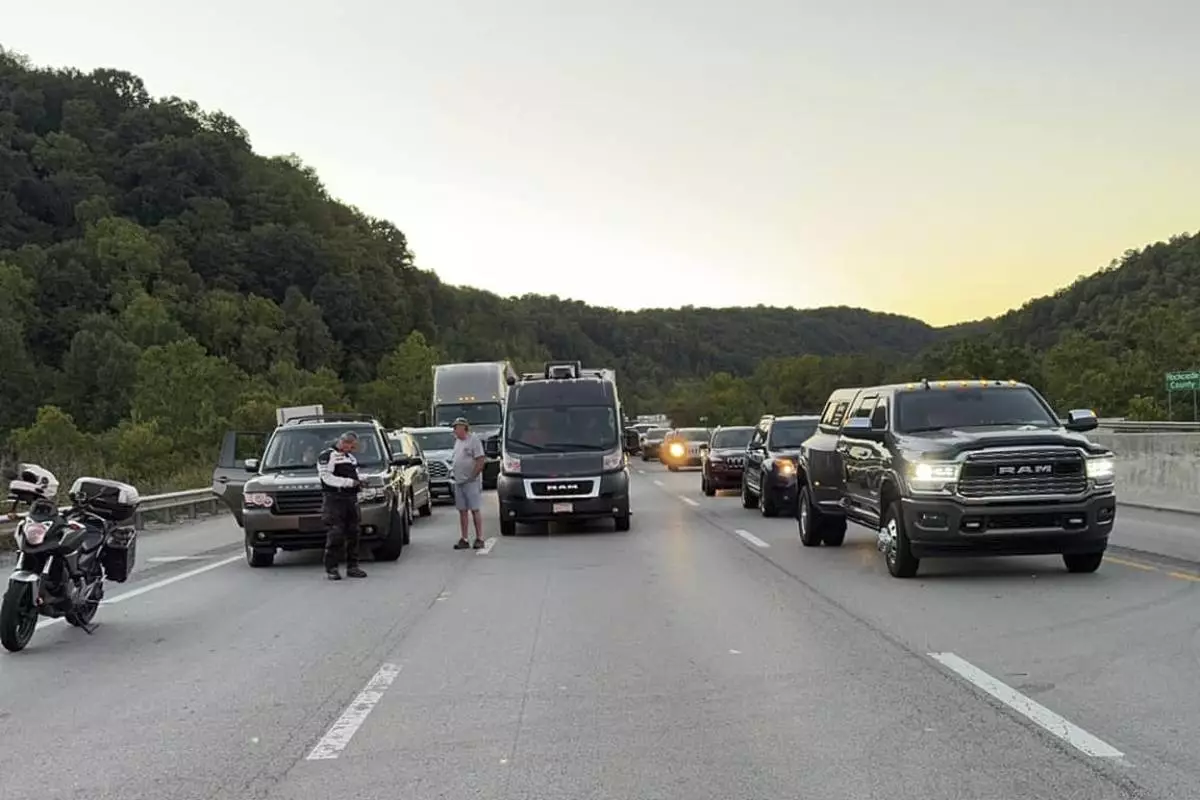
This image released by the Mount Vernon Fire Department shows traffic stopped during an active shooting on Interstate 75 north of London, Ky., Saturday, Sept. 7, 2024. (Camden Mink/Mount Vernon Fire Department via AP)
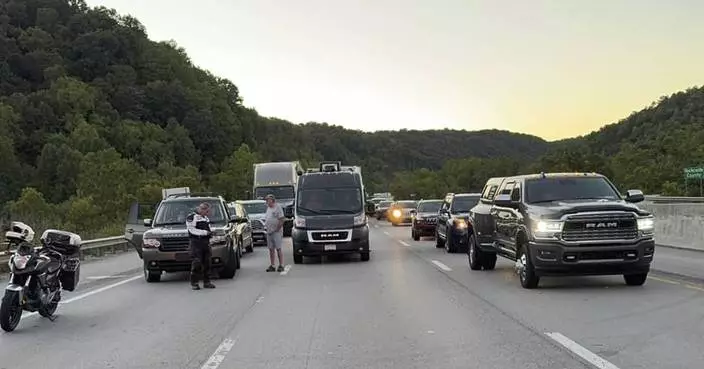
Search for suspect in Kentucky highway shooting ends with discovery of body believed to be his









